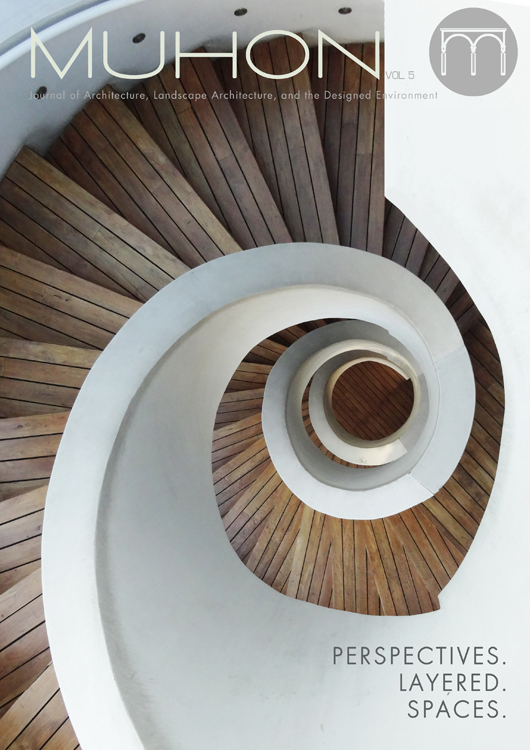Mapping of Sustainability in Architectural Practices in the Philippines
Abstract
The awareness in architectural sustainability is increasing worldwide. This pilot study aims to map and evaluate the situation of sustainable development of architecture offices in the Philippines through an online survey. In spite of sampling difficulties, the mapping of sustainability was successfully done for the collected sample, and results showed that architects evaluate themselves as having less than intermediate level of knowledge/skill in sustainability issues. Furthermore, they have a general concept about natural (renewable), energy efficient and sustainable products and services. Difficulties with application of sustainability are due to a client’s budget and will. It is widely accepted that the individual companies suffer from lack of resources and therefore perform weaker in sustainability than the profession would require. Introduction of the morphological analysis of sustainable development (morph-SD) tool indicated that architects are mainly familiar with environmental related principle-level sustainability-oriented terms, while the economic and social aspects of sustainable development are not significantly represented. Confirmation of findings and further development of the morph-SD tool would require a comprehensive geographic sampling.
Published
2016-08-12
Issue
Section
Articles
The contributor waives any royalties for the publication of his/her article, as UPCA is a non-profit organization.
The copyright for the published work belongs to UPCA and its selected publisher. The contributor is free to publish a modified version of the same article in other publications.
The contributor guarantees that :
The copyright for the published work belongs to UPCA and its selected publisher. The contributor is free to publish a modified version of the same article in other publications.
The contributor guarantees that :
- the article does not infringe on the copyright or any proprietary right of any other person
- the article contains no libelous or other unlawful matter
- the article makes no improper invasion of the privacy of any other person.





